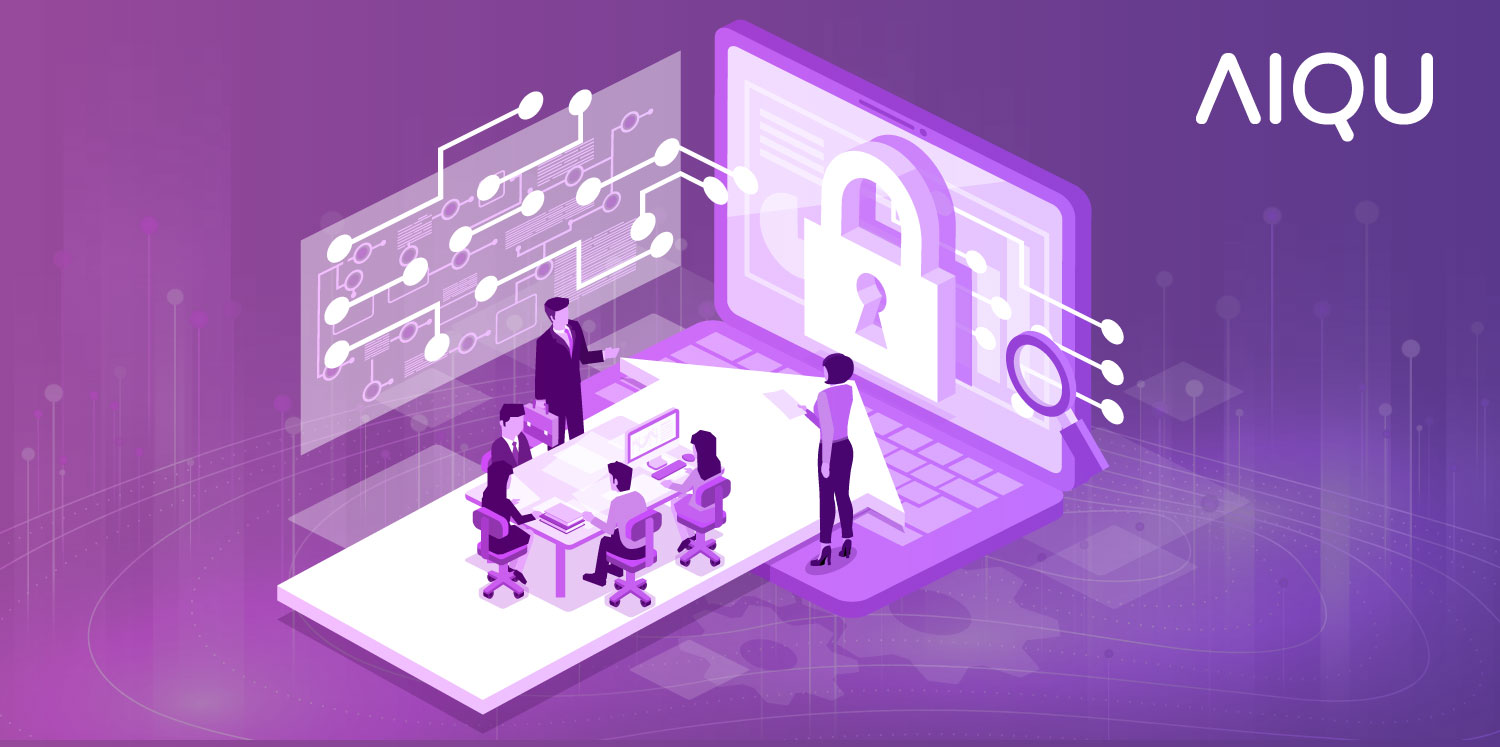Use the Zero-Trust Model to Boost Remote Work Cybersecurity

Author Name: Zachary Amos
Remote work benefits employees and their organizations but ultimately leaves them vulnerable to security risks. The zero-trust method is a strategy that relies on user, device and access verification. By implementing it, businesses can boost their cybersecurity in critical areas.
In this blog, we will explore why businesses require robust security measures, what the zero trust model protects them against, and how they can effectively implement this model.
Why Do Businesses Need More Security?
As remote work becomes more common, so do security breaches. Individuals and groups are taking advantage of increased remote work to target vulnerable devices. In recent years, hackers have heavily targeted Gulf Cooperation Council (GCC) countries.
Between 2021 and 2022, cyberattacks targeted businesses in Saudi Arabia and the United Arab Emirates more than any other country in the GCC. Among attacked sectors, IT was one of the most targeted. Security is essential for any industry, but it is especially critical in IT.
The rise of cyberattacks is concerning for businesses relying on remote work. Since workers might use unsecured devices or networks, it leaves them open to security breaches. In addition, it can be difficult for companies to manage the range of devices necessary for remote work.
Employees have personal computers and phones they might access company information on. Beyond that, cloud data, interconnected devices and online collaboration software are remote work necessities that give attackers more to target. If a business has remote workers, it needs more security.
How Does The Zero-Trust Model Increase Security?
The zero-trust model is a security strategy that assumes no device can be trusted. Even previously verified technology and users can pose threats, so it’s safer not to trust anything.
Despite many businesses relying on safe technology use, 11 business sectors found 42% of staff still needed relevant training since beginning remote work. It allows for security risks because employees are often on their personal — or even public — networks. In addition, they might download software or visit sites that leave them vulnerable.
Many businesses are adopting the zero-trust model to protect against rising security concerns. It increases security by only allowing secured devices to access data. Additionally, the devices have to be continuously verified to continue accessing information.
What Does The Zero-Trust Model Protect Against?
Since zero-trust continually validates all company devices, it should protect against active and passive cyberattacks. Both attack types aim to steal information and possibly cause harm to the victim.
Cyberattacks can overwhelm a business. More importantly, they put private or valuable data at risk. While the zero-trust model can segment zones to protect against active cyberattacks, it’s more efficient against passive attacks.
Because many cyberattacks rely on waiting and collecting data before causing harm, they can be challenging to catch. For example, an employee may click on a phishing link in their email and give spyware access to their work computer. From then on, the computer can quietly access the main network and company data. However, the zero-trust model would have steps to catch the cyberattack long before it could do any real damage.
How Can Businesses Implement The Zero-Trust Model?
Among other things, businesses need to start reverifying users and devices. The IoT and remote work put employees at risk of cyberattacks, and their technology may be infected without them knowing. To protect against this, they can approach work with the idea that they can’t trust anything.
With the increase in target attacks, businesses in the GCC are becoming invested in proper security measures. Around 61% of organizations in Saudi Arabia and the UAE state they need stronger cybersecurity protection.
To fully implement the zero-trust method, a business must consider the device, the user and its data. The importance of the data determines who can access it and how long they have access. Even if a user is trusted, they still only need circumstantial access to sensitive information.
Businesses can implement the zero-trust method by:
- Establishing strong identification systems: A system should verify all users before they can access information. In addition, workers should follow identification policies.
- Restricting access: Users and devices should only be able to access what they strictly need to.
- Monitoring networks: Preventative measures involve watching networks for any unusual activity. It ensures only trusted devices have access to data.
- Implementing an ongoing verification process: The business should regularly disable devices — even if they’re local or trusted — from access to data. Re-verification is easy for employees and ensures security.
- Using micro-segmentation: Systems should divide the data center into segments to allow the business complete control. This increases security because it limits the movement of unwanted traffic.
- Validating device compliance: Businesses should perform regular checkups on devices to ensure they’re free from malware or spyware. Even with a verification process, technology may still have hidden risks.
There are many ways a company can implement a zero-trust method beyond what is listed. They can also set policies for identity verification or data access to strengthen security further.
Trust Nothing And Stay Secure With AIQU
The recent surge in cyberattacks targeting the UAE and KSA has raised concerns about the cybersecurity measures in place for businesses in the region. It’s essential for organizations to adopt a zero-trust model and have a reliable and trustworthy tech team in place to ensure the safety and security of their data.
When it comes to finding the right tech talent, AIQU is the go-to staffing company in the MENA region. We specialize in technology staffing across six dedicated specialisms including IT Infrastructure & Cybersecurity. With AIQU’s team of recruiting experts, you can rest assured that you’ll have the right tech professionals in place to keep your organization safe from cyber threats.
Contact us today to find the right talent that will help you scale your business to newer heights!
Also, make sure to follow us on LinkedIn to stay up-to-date on the latest technological trends, news, and job vacancies surrounding the MENA region.






